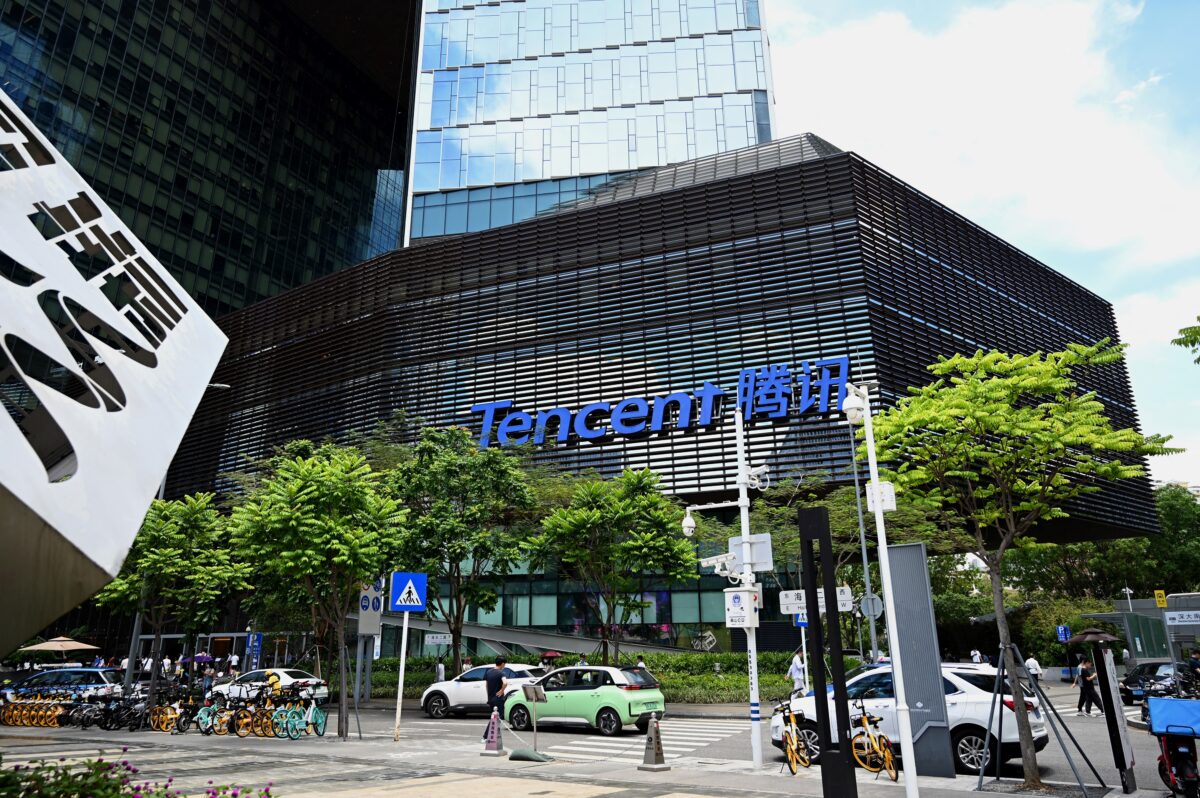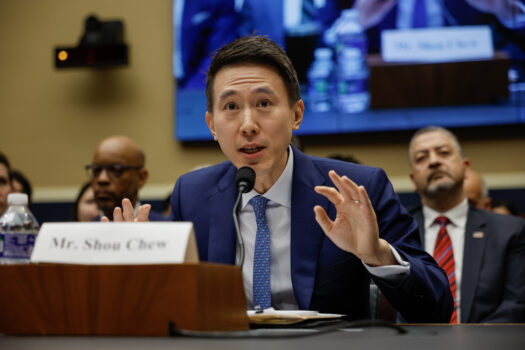


The announcement of the partnership between Tencent and Douyin, the Chinese counterpart of TikTok, on April 7 sparked immediate concern in the market. As competitors in short and long video hosting services in China, Douyin and Tencent have been in court several times over copyright issues, leading to lengthy litigation. Some believe the Chinese Communist Party (CCP) is behind this sudden partnership announcement.
The two platforms will cooperate on the joint promotion of short and long videos and the creation of short video content. Tencent will license Douyin, owned by ByteDance, its long videos with network broadcasting rights and sublicensing rights. In addition, Tencent and Douyin explicitly stipulated publication rules for short video content.
The announcement, signaling a settlement between the rival video hosting services, sparked widespread concern in the market. Before this, the two parties had a long-standing dispute over copyright issues.
The last legal dispute between Douyin and Tencent was in November 2022, when Douyin was awarded more than 32 million yuan (about $4.65 million) by a court in China for Tencent’s copyright infringement of an online drama, a record-breaking amount for such cases in China. In the second half of 2021, Tencent sued Douyin for copyright infringement 168 times, with claims exceeding 2.943 billion yuan (about $428 million). Douyin fought back, demanding that Tencent remove the infringing videos and pay 10 million yuan (about $1.45 million) in restitution.
Sources from Douyin recently told Chinese media Shanghai Securities News that most of the lawsuits surrounding copyright between Douyin and Tencent have now been withdrawn by both parties.
Several Chinese industry experts told China Financial Daily that it was only a matter of time before Douyin and Tencent settled, given the weak growth of videos on Tencent and the risk of infringements faced by Douyin.
CCP state media Xinhua said on April 7 that at the “7th China Online Copyright Protection and Development Conference” hosted by the CCP State Copyright Bureau, “cooperation between short and long video hosting services” was included in the China Copyright Association’s most important event for 2022. The article suggested that the Chinese regime encourages video hosting platforms to cooperate on copyright issues.
According to Lu Yuanxing, a U.S.-based Chinese political analyst, the partnership between Douyin and Tencent was obviously promoted by the CCP behind the scenes.
In an interview with The Epoch Times on April 9, Lu said that the feud between Tencent and Douyin is long-standing, and long-form videos were originally Tencent’s specialty. The so-called cooperation was a concession by Tencent as it authorized Douyin to use Tencent’s content. This is a unilateral transfer of interests, and it is not normal market behavior. Lu believes this deal must have resulted from a CCP behind-the-scenes push.
Lu further explained: “Since Douyin has been cooperating with the CCP, it has been sparing no effort in monitoring its users. It is not only the Chinese version of Douyin, but also its counterpart TiKToK that has been cooperating with the CCP in stealing information from overseas users, which means that it is a company supported by the Chinese regime.”
He said that Tencent has also cooperated with the CCP in surveillance over the years. Its social media platforms, WeChat and QQ, have monitored users’ speech and communications for the CCP. However, Douyin and Tencent are backed by different political forces.
“Tencent was developed quite early under the former Chinese leader Jiang Zemin, and the faction behind Tencent was therefore loyal to Jiang. It does not belong to the same faction as the current rulers,” Lu said. It is inevitable for the CCP to suppress those companies in its political cleansing. The Chinese regime will crack down on its political opponents even within the CCP, and companies backed by factions that support the current ruler will always be supported.
TikTok is the version of Douyin used outside China, with 150 million users in the United States. On March 23, TikTok CEO Shou Zi Chew attended a hearing before the U.S. House Energy and Commerce Committee that lasted more than four hours. House members were deeply skeptical of his answers and said Chew’s claims failed to ease their concerns about TikTok. The FBI and the intelligence community are concerned that the CCP has access to TikTok’s U.S. user data.
In response to Chew’s appearance at the U.S. congressional hearing, Chinese Foreign Ministry spokeswoman Mao Ning said on March 24 that the United States must stop unreasonable suppression of foreign companies.
After the White House requested federal government agencies to remove TikTok from all government-owned devices within 30 days, Mao responded that the United States was feeling insecure about an app popular among young people, showing a lack of self-confidence.
In contrast to the CCP’s high-profile support for TikTok, Tencent Chairman, and CEO Ma Huateng was not re-elected to the CCP’s National People’s Congress (NPC) or the Chinese People’s Political Consultative Conference (CPPCC) in March this year, ending his decade-long career as a delegate to the NPC. The CCP selects members of the NPC and CPPCC from various Chinese elites loyal to the regime.
Ma has been a deputy to the National People’s Congress since 2013 and was “re-elected” in January 2018. In 2020, Ma did not attend the CCP’s “two sessions,” citing health reasons. Since that year, the CCP has conducted so-called “anti-monopoly investigations” into the tech giant Tencent. Tencent’s lucrative gaming platform had its licenses suspended, resulting in the company’s market value crash. Tencent also adopted a low-profile posture and withdrew from several equity investments.

